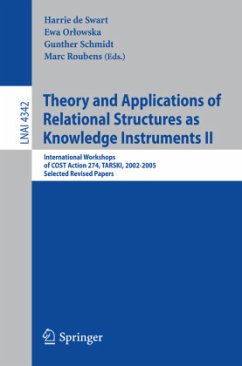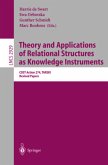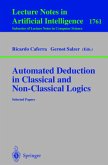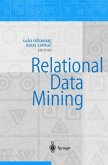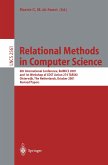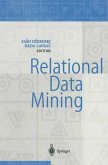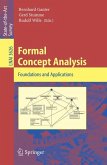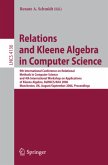This book is a follow-up of LNCS volume 2929 with the same title, and presents the major results of COST action 274 (2002-2005), TARSKI: Theory and - plications of Relational Structures as Knowledge Instruments. Relational structures abound in the daily environment: relational databases, data-mining, scaling procedures, preference relations, etc. Reasoning about, and with, relations has a long-standing European tradition, which may be divided into three broad areas: 1. Algebraic Logic: algebras of relations, relational semantics, and algebras and logics derived from information systems. 2. Computational Aspects of Automated Relational Reasoning: decidability and complexity of algorithms, network satisfaction. 3. Applications: social choice, AI, linguistics, psychology, economics, etc. The main objective of the ?rst TARSKI book (LNCS 2929) was to advance the understanding of relational structures and the use of relational methods in applicable object domains. There were the following sub-objectives: 1. Tostudythesemanticalandsyntacticalaspectsofrelationalstructuresarising from 'real world' situations 2. To investigateautomatedinference for relationalsystems, and, wherepossible or feasible, develop deductive systems which can be implemented into industrial applications, such as diagnostic systems 3. To develop non-invasive scaling methods for predicting relational data 4. To make software for dealing with relational systems commonly available We are con?dent that the present book will further the understanding of int- disciplinary issues involving relational reasoning. This book consists of papers which give a clear and self-contained overview of the results obtained by the TARSKI action, typically obtained by di?erent persons from di?erent work - eas.
Hinweis: Dieser Artikel kann nur an eine deutsche Lieferadresse ausgeliefert werden.
Hinweis: Dieser Artikel kann nur an eine deutsche Lieferadresse ausgeliefert werden.

